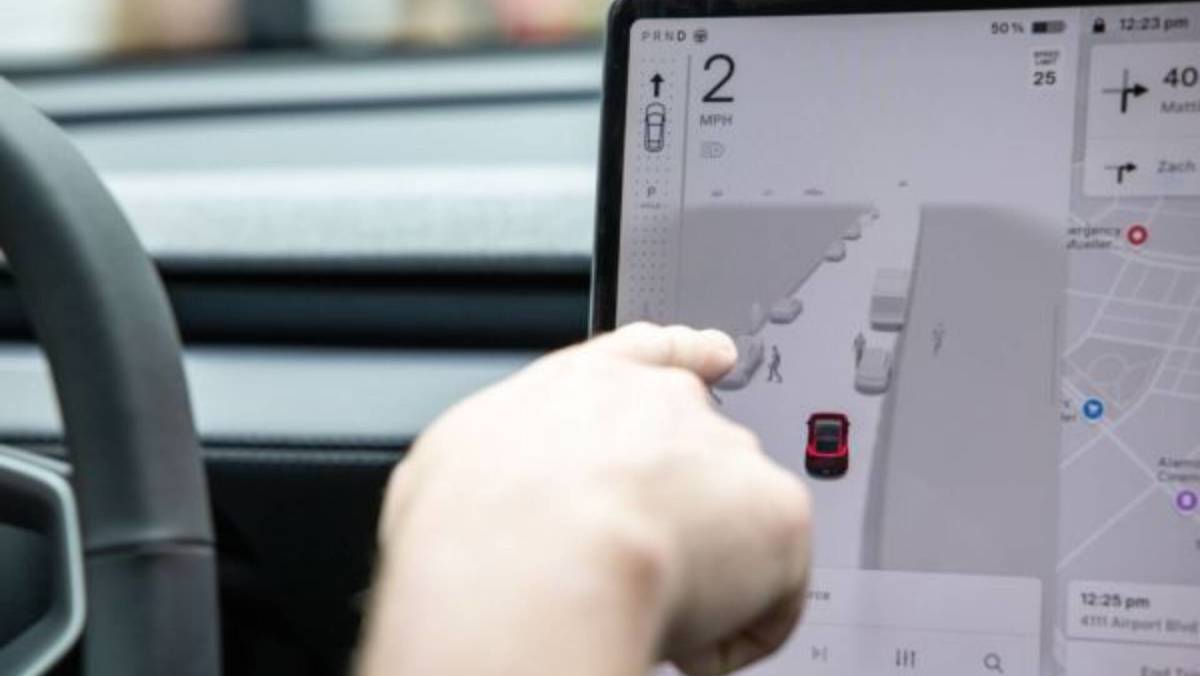Tesla's (TSLA) future rests on its Robotaxi ambitions.
Permabulls like Cathie Wood, CEO of Ark Invest, don't see Tesla as a car company, believing that what it is doing now pales in comparison to what it will do in the future.
"Our target in five years is $2,600, and our confidence in that number has gone up now that Tesla is commercializing Robotaxis in August and June," Wood said recently.
Related: Tesla robotaxi safety called into question after frightening video
Tesla needs Robotaxi to work because auto sales, the company's core business, have suffered in recent quarters.
The company delivered just 384,122 vehicles in the second quarter, a 13.5% year-over-year decline that missed analyst estimates by about 3,000 units.
Robotaxi's June launch in Austin, Texas, and its late July launch in San Francisco were supposed to be a triumphant return to its innovative roots.
But it turns out some Tesla shareholders are not satisfied with the company's progress on that front, and they are taking Tesla to court for monetary damages.

Tesla shareholders sue company over Robotaxi claims
Tesla only had a couple of handfuls of Robotaxis active in Austin at launch, but there were multiple videos of the vehicles looking lost on the road.
The vehicles were also not fully autonomous, as a human "safety monitor" was always present in each vehicle.
A group of shareholders sued Tesla and CEO Elon Musk because the company wasn't completely honest about the problems with Robotaxi.
The class action suit covers defendants who purchased Tesla shares between April 19, 2023, and June 22, 2025. The defendants are seeking damages for unkept promises.
Related: Tesla Robotaxi pulls ahead of Waymo in San Francisco
The lawsuit points to an April 2022 event at Gigafactory Texas when Musk officially announced that Tesla would be building a vehicle dedicated for use as a robotaxi.
However, the complaint alleges that Musk and Tesla were misleading in their announcement.
Specifically, the lawsuit alleges "Tesla overstated the effectiveness of its autonomous driving technology; (ii) there was thus a significant risk that the Company's autonomous driving vehicles, including the Robotaxi, would operate dangerously and/or in violation of traffic laws; (iii) the foregoing increased the likelihood that Tesla would become subject to heightened regulatory scrutiny; (iv) accordingly, Tesla's business and/or financial prospects were overstated; and (v) as a result, the Company's public statements were materially false and misleading at all relevant times."
Tesla Robotaxi social media videos are part of lawsuit
The lawsuit points to videos of Tesla Robotaxis failing to complete simple road tasks.
The lawsuit quotes a Bloomberg report: "Tesla Inc.'s self-driving taxis appeared to violate traffic laws during the company's first day offering paid rides, with one customer capturing footage of a left turn gone wrong and others traveling in cars that exceeded posted speed limits."
Following that first weekend, Tesla's share price fell 6% over the subsequent two sessions, costing shareholders money.
The lawsuit also references another recent nine-figure court judgment against the company.
Morand v. Tesla Inc. is being litigated in the U.S. District Court for the Western District of Texas.
Tesla loses big Autopilot judgment in Florida
On Friday, August 1, a Florida jury found Tesla 33% responsible for a deadly 2019 crash featuring a distracted driver who was using Tesla Autopilot.
The jury awarded $323 million in damages to the surviving victim and the deceased victim's family, despite Tesla saying that the driver was entirely at fault.
The Texas lawsuit cites this verdict as evidence that Tesla "overstates the effectiveness of its autonomous driving technology."
However, Tesla says that there was nothing Autopilot could have done to prevent the crash.
"For the last 1.2 miles, or about 75 seconds, the driver's foot is on the accelerator pedal the whole time. He's taken control," James Walker, a mechanical engineer at Carr Engineering, testified.
"He was driving the car; the car wasn't driving him."
Related: Expert witness backs Tesla in fatal Autopilot crash case






